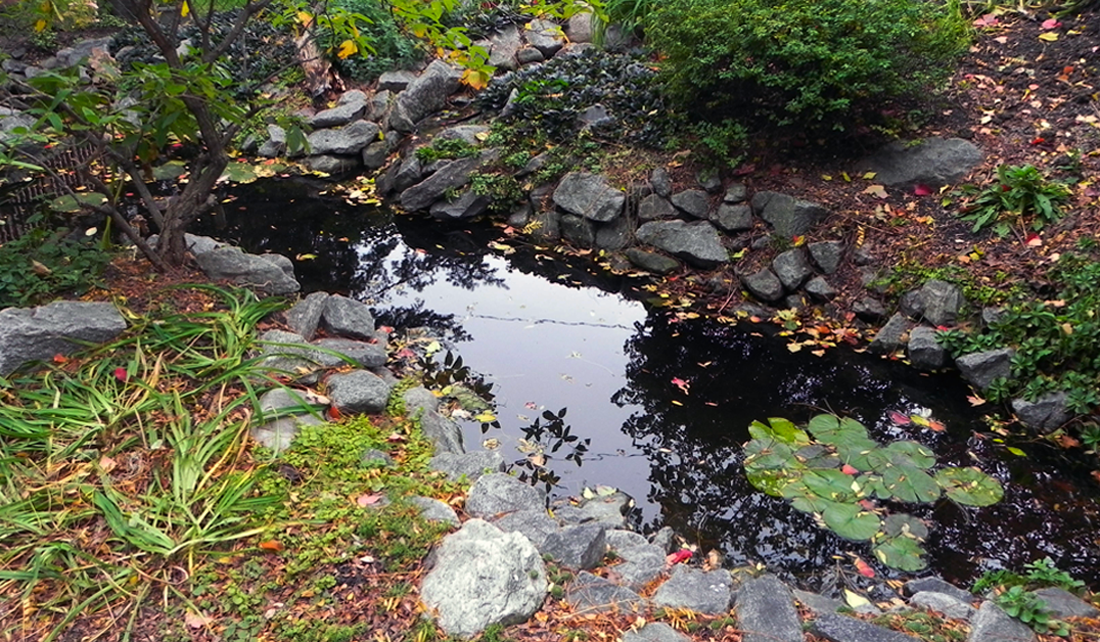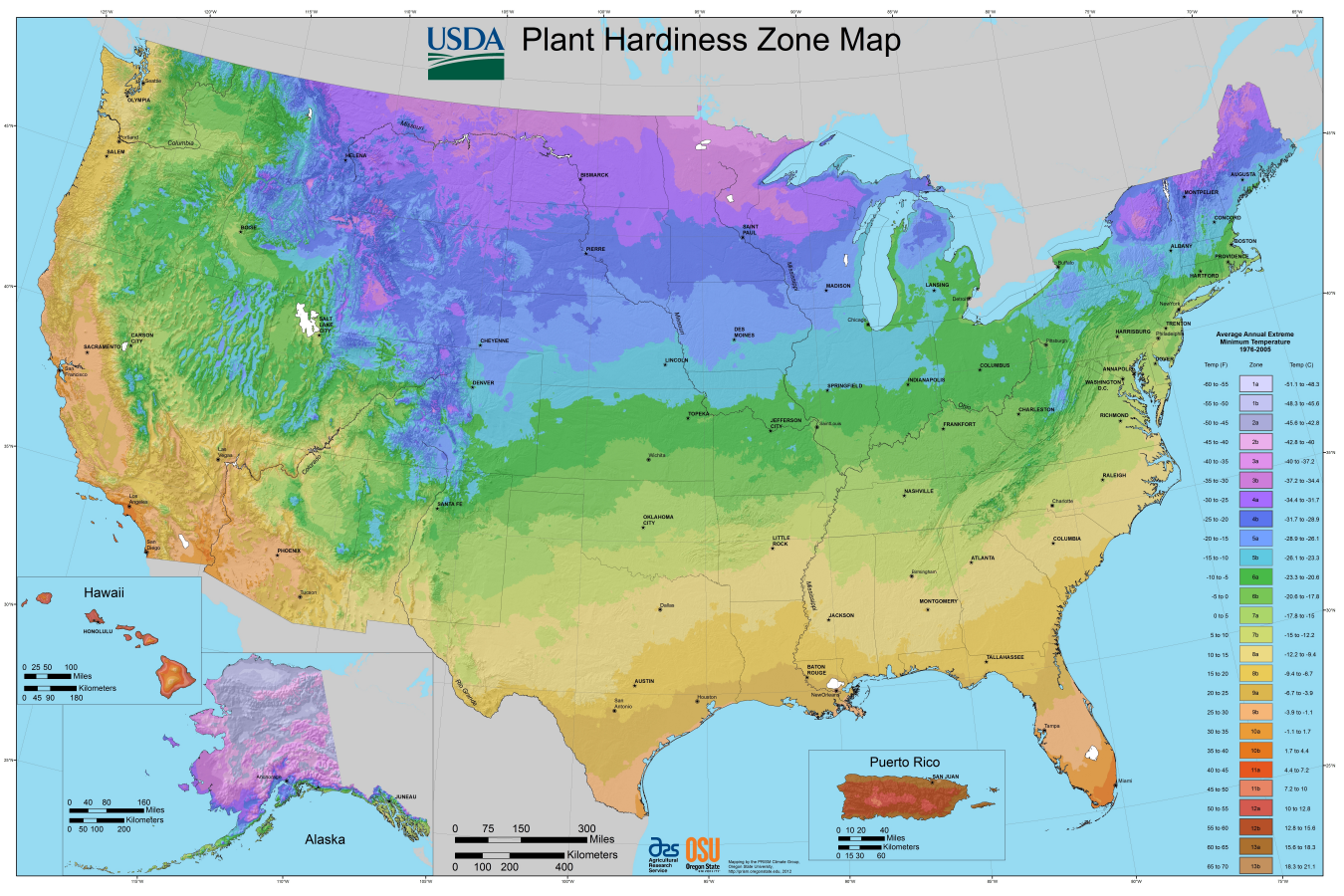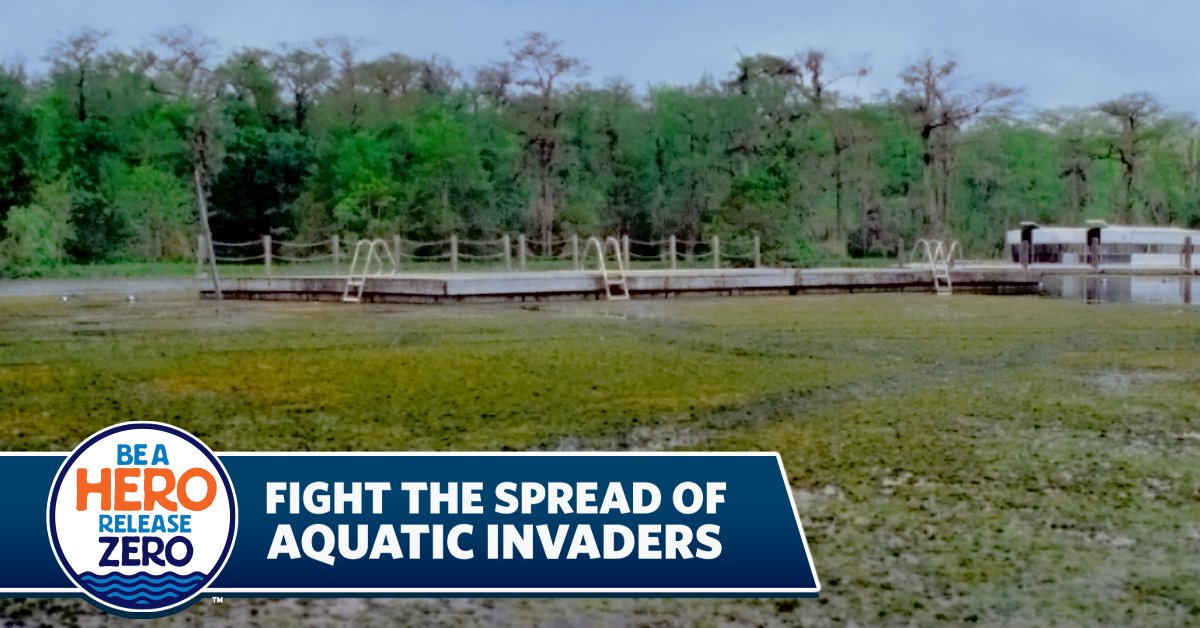
This autumn has had some unseasonably warm days, but winter is right around the corner, which means you need to prepare your water garden for the coldest months. Before winter hits, you should protect plants, fish and wildlife by winterizing your water garden to ensure it remains healthy for the spring season.
Protect Your Plants
Can your plants survive through the winter? That depends on what hardiness zone you live in. If you are unsure of what plants are considered hardy in your area, first check the USDA Plant Hardiness Zone Map to determine in which zone your garden is located. Then, cross-reference information about your garden plants so that you know what kind of care they need based on your hardiness zone.
Tips for Illinois and Indiana: Illinois falls in zones 5a-7a and Indiana lies in zones 5b-6b. Some winter hardy plants recommended for water gardens in these regions are American yellow lotus (hardy in zones 4-11), common arrowhead (hardy in zones 5-10) and American water willow (hardy in zones 4-11).
If your pond is deep enough, keep winter-hardy plants under at least two feet of water. Plants that are not winter-hardy should be in heated ponds or tubs above 50° F. Oxygenators (e.g., hornwort, American waterweed, sago pondweed) or floating plants should be moved into indoor aquariums.
For the adventurous, you can try overwintering your water garden plants indoors in a variety of ways, either keeping them cool and dormant or active as houseplants.

Clean Your Pond
A clean pond is a happy pond. Remove any decomposing plants and debris from your water garden. If the leaves haven’t fallen in your area yet, erect a net over the water to catch leaves before they enter the pond. Thin out any dense vegetation or cut back plants you plan to overwinter in the pond.
You can compost many unwanted water garden plants, but some should not be composted. Invasive plants should be bagged in plastic and placed in the trash because if seeds, roots or other parts are not fully decomposed, then they can spread to new areas. If there are snails living in your water garden, avoid composting any plants from the pond.
Another option is to donate or trade unwanted plants with other water garden hobbyists. However, some plants are invasive and may be prohibited for sale, trade or transportation in your state. Visit takeAIM.org/regulations for a list of state and federally prohibited species.
Remember that releasing aquatic plants in natural areas assuming that they are native or harmless can spread invasive species. Invasive plants and animals cost millions in tax dollars to control and are sometimes impossible to remove. Visit ReleaseZero.org to learn how to Be A Hero – Release Zero and keep ecosystems and wildlife healthy.
This advice was adapted from:
Winterizing the water garden – Virginia Cooperative Extension
Prepare your water garden for winter responsibly – Michigan State University Extension
Avoid spreading aquatic invasive species when winterizing your water garden – Michigan State University Extension
Contacts:
Greg Hitzroth, hitzroth@illinois.edu
Amanda Huegelmann, amandah@illinois.edu
Reviewers:
Richard Harper, Aquatic Maintenance
Rich Heimberger, Healthy Pond
Martha Smith, University of Illinois Extension
Illinois-Indiana Sea Grant is a part of University of Illinois Extension and Purdue Extension.


